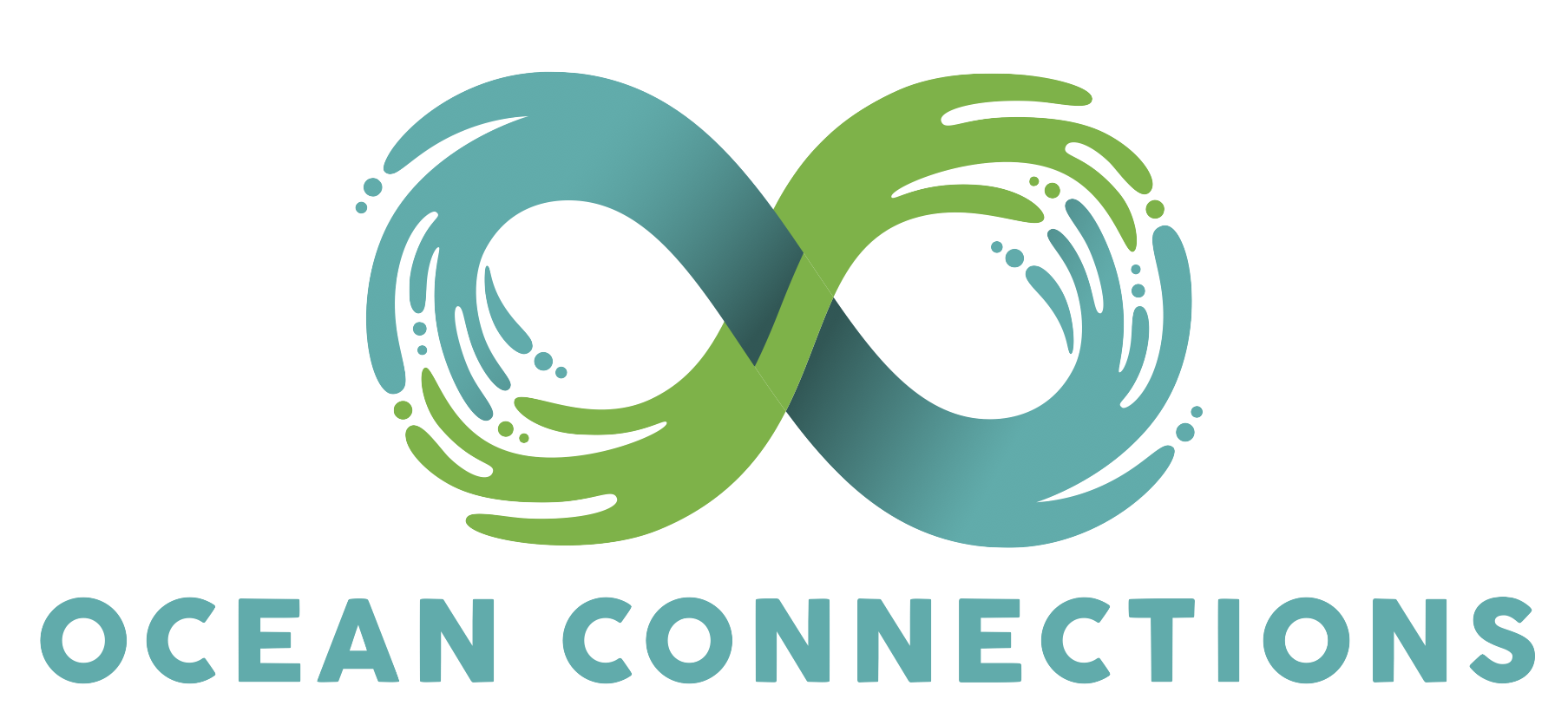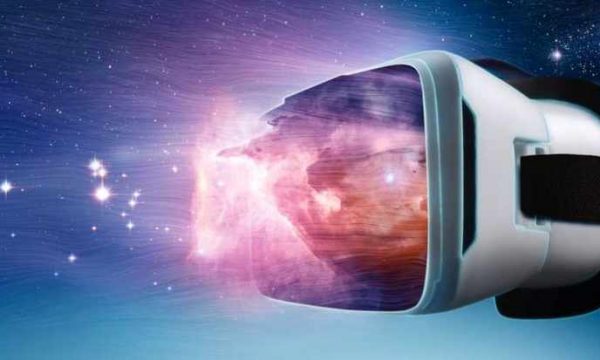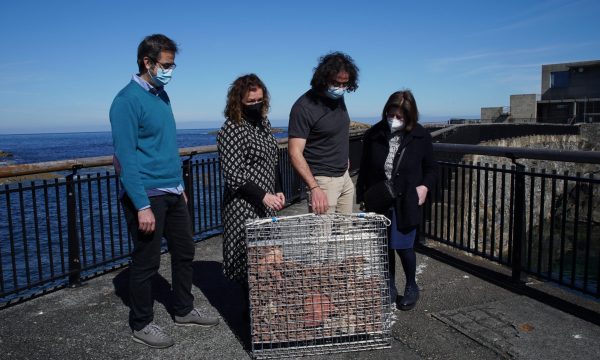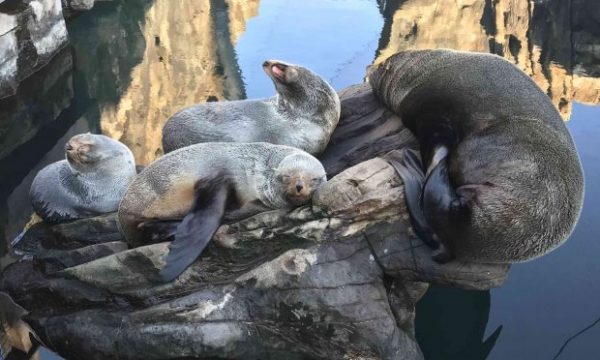OCEANS brings three research-intensive universities, the Fundación Gallega Centro Tecnológico de Supercomputación de Galicia (Spain), VIA University College (Denmark) and the University of Exeter (UK) together with three Aquaria and five
schools/colleges, to innovate and extend best practice in the teaching of Ocean Literacy though student-centred, problem-based learning via innovative material, dialogic and creative approaches to using AR/VR technologies.
Can we improve how students learn about the ocean by using creative and digital pedagogies?
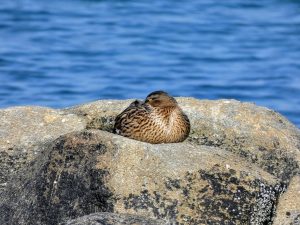
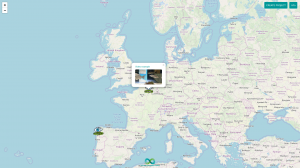
This is the main question that we want to address in this project, with a European team formed by schools, universities, aquariums and technological centres from UK, Denmark and Spain.
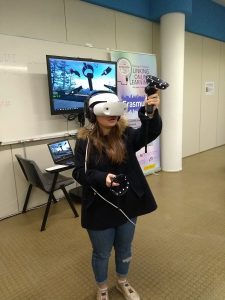 | To do so, we will support the creation of materials and proposals with innovative technologies, mainly Virtual Reality and Augmented Reality, and dialogic and creative pedagogies.
We want to experiment, explore the possibilities of immersive technologies enhancing aquarium visits, school connection with these centers, and involve students in the creation of new media materials to improve their understanding of marine life. |
Toolkit
Working with their local Aquarium, schools taking part in the OCEANS project will each pilot an innovative approach to teaching Ocean Literacy at either Primary and Secondary age (or both). Projects will either be undertaken within individual schools or, to foster international collaboration and create larger / richer data-sets, in partnership with schools in other participating countries.
This piloting will incorporate the development of AR or VR tools for teaching Ocean Literacy, in consultation with schools and aquaria across the partnership. The outputs from these Pilot Projects will form the core of the OCEANS Toolkit. A free-to-use, open access on-line resource that will enable schools across the EU to develop their Ocean Literacy projects using creative pedagogies with AR/VR digital tools, building on our own examination of the state-of the-art and findings emerging from the
pilot projects.
